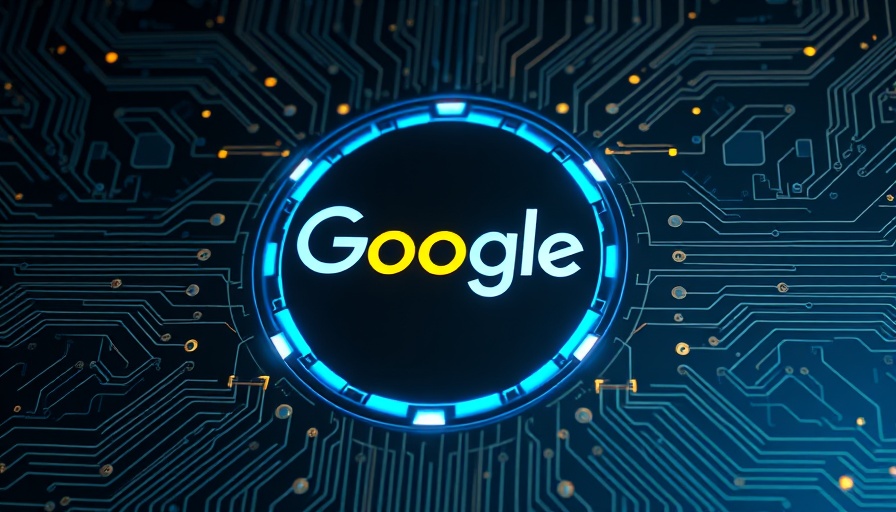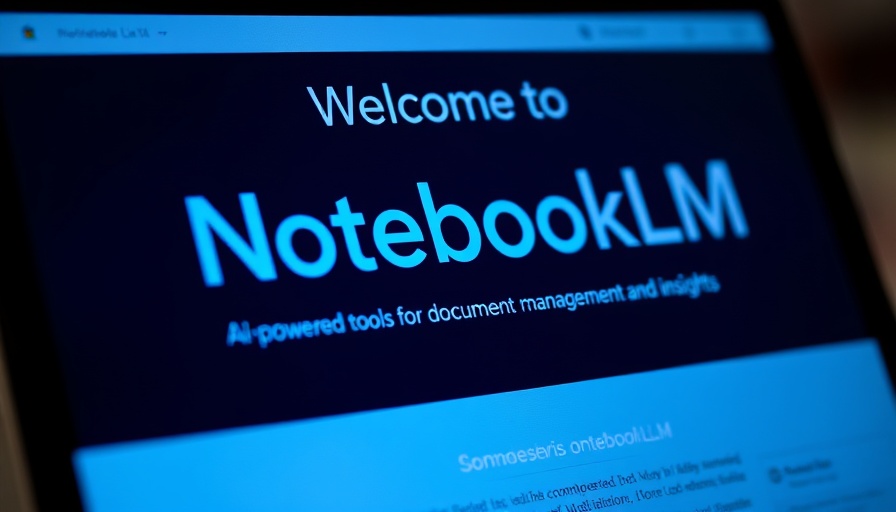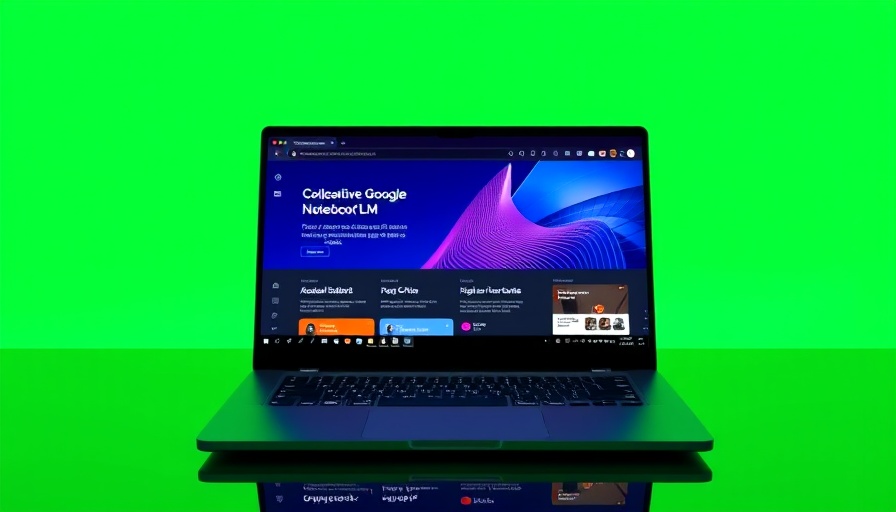
Google's Innovative AI Tools Transform Ad Management
In an era where technology continually reshapes the marketing landscape, Google's latest advancements promise to revolutionize advertising through automation. At the recent Google Marketing Live event, the tech giant unveiled three new AI-driven tools designed to assist marketers in effortlessly managing ad campaigns. While the potential for increased efficiency is undeniable, these innovations also raise critical questions about the degree of control advertisers might sacrifice.
Unpacking Google's New AI Agents
The three AI tools introduced are:
- Google Ads Agentic Expert: This tool autonomously modifies campaigns, generating ad groups and adding keywords without prior approval. It also addresses policy issues and provides insights through reports.
- Google Analytics Data Expert: Designed to simplify data insights, this tool automatically analyzes trends and delivers performance visuals, empowering marketers to spot actionable patterns without needing deep analytical skills.
- Marketing Advisor Chrome Extension: Set to launch later this year, this extension will provide cross-platform task management, automating tagging and analyzing seasonal trends to diagnose problems on various sites.
When Automation Meets Human Control
Despite the enthusiasm surrounding these AI-driven capabilities, many marketers are expressing apprehension about losing their grip on campaign management. At the press session, questions were raised regarding the change history of AI-made adjustments within Google Ads. The response from Google executives left attendees wanting more clarity. With uncertainty about whether these changes would appear under the advertiser's or AI's username, industry professionals voiced their concern over maintaining transparency, particularly for client reporting and internal audits.
As one attendee pointed out, the increasing automation echoes a broader trend within Google—a ‘googlification’ that complicates access to human support. Google representatives assured attendees that human intervention and support would remain available, countering the fears that automation would fully replace human connections in ad management.
The Balancing Act: Automation and Accountability
The introduction of these tools strikes a delicate balance between embracing innovation and safeguarding accountability. As advertisers push for greater control, Google’s aim is to enhance efficiency through advanced AI capabilities. This ongoing tug-of-war highlights a pivotal challenge: how much autonomy are businesses willing to yield to AI technology when it comes to managing their advertising strategies?
The Broader Implications of AI in Advertising
As Google continues to unveil increasingly sophisticated AI solutions, the implications extend far beyond operational efficiency. They invoke broader discussions around ethics in advertising, accountability, and the fundamental role of human oversight. Marketers must now confront the potential risks associated with automation—an area that warrants careful consideration, particularly when evaluating campaign effectiveness and ensuring brand integrity.
Future Trends and Insights in Advertising Technology
Looking ahead, the integration of AI in marketing is poised to continue evolving. As these tools become more commonplace, companies will need to establish clear strategies for leveraging AI while maintaining oversight. Future trends might include enhanced data transparency, improved tracking of AI-made changes, and advanced frameworks for measuring campaign effectiveness in real-time.
Conclusion: Embrace Change but Keep Control
As we navigate this new landscape of automated advertising, it is crucial for marketers to strike a balance between embracing innovation and retaining control over their campaigns. The future of advertising lies in harnessing technology to enhance performance while ensuring accountability and client trust remain at the forefront. By openly discussing these concerns and establishing clear protocols, businesses can fully leverage the potential of AI without compromising their core values.
Now is the time for organizations to reflect on their advertising strategies and embrace the transformative power of AI while advocating for transparency and accountability. Are you ready to navigate the future of advertising?
 Add Row
Add Row  Add
Add 




 Add Row
Add Row  Add
Add 

Write A Comment